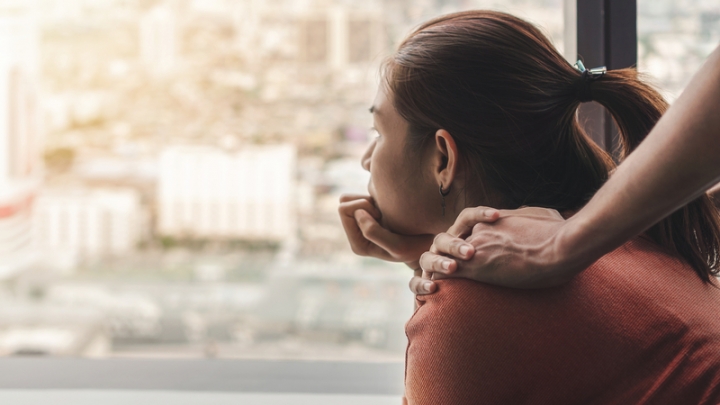(RxWiki News) As the number of new COVID-19 cases has soared, so has the number of people experiencing depression symptoms, a new study found. How do you take care of your mental health during a global pandemic?
A new study published in the journal JAMA Network Open found that, compared to before the pandemic, depression symptoms among people in the United States have tripled. From before the pandemic to mid-April of this year, the prevalence of depression symptoms among adults in the US jumped from 8.5 percent to 27.8 percent, according to the study authors.
Experiencing more stressors related to COVID-19, such as losing a job because of the pandemic, was linked to a higher chance of experiencing depression symptoms.
While the idea that depression may become more common when there's a global pandemic probably makes sense to most people, the extreme increase in symptoms surprised the study authors.
“Depression in the general population after prior large scale traumatic events has been observed to, at most, double,” said study author Dr. Sandro Galea, of Boston University, in a press release. “We were surprised to see these results at first, but other studies since conducted suggest similar-scale mental health consequences.”
Fear and anxiety about the coronavirus, scary news stories, job loss, limited social interaction, and a host of other factors can contribute to increased stress and other mental health problems during the COVID-19 pandemic.
So how do you cope, and when should you seek help? The Centers for Disease Control and Prevention (CDC) has some advice for coping:
- Take care of yourself by emphasizing sleep, breathing techniques, exercise and a healthy diet.
- Make time to relax and do things you enjoy.
- Talk to loved ones and friends frequently and share your feelings.
- Take breaks from the news and social media to limit stress about the pandemic.
- Make a plan. Learn where to go and how to get treatment if you suspect you have COVID-19.
- Learn the facts about the virus by reading trusted news and government sources rather than fringe or conspiracy websites.
If you notice a sharp increase in symptoms of depression, anxiety or another mental health problem, call your health care provider. Even during strict lockdowns, many mental health care providers are providing virtual visits that can be conducted from anywhere and require no physical contact.
If you or a loved one is experiencing a mental health crisis, call 911 and the Disaster Distress Helpline at 1-800-985-5990 (press 2 for Spanish) to get immediate help. In cases where someone has threatened self-harm or is exhibiting signs that they might harm themselves, call the Suicide Prevention Lifeline at 1-800-273-TALK (8255) (1-888-628-9454 for Spanish).







